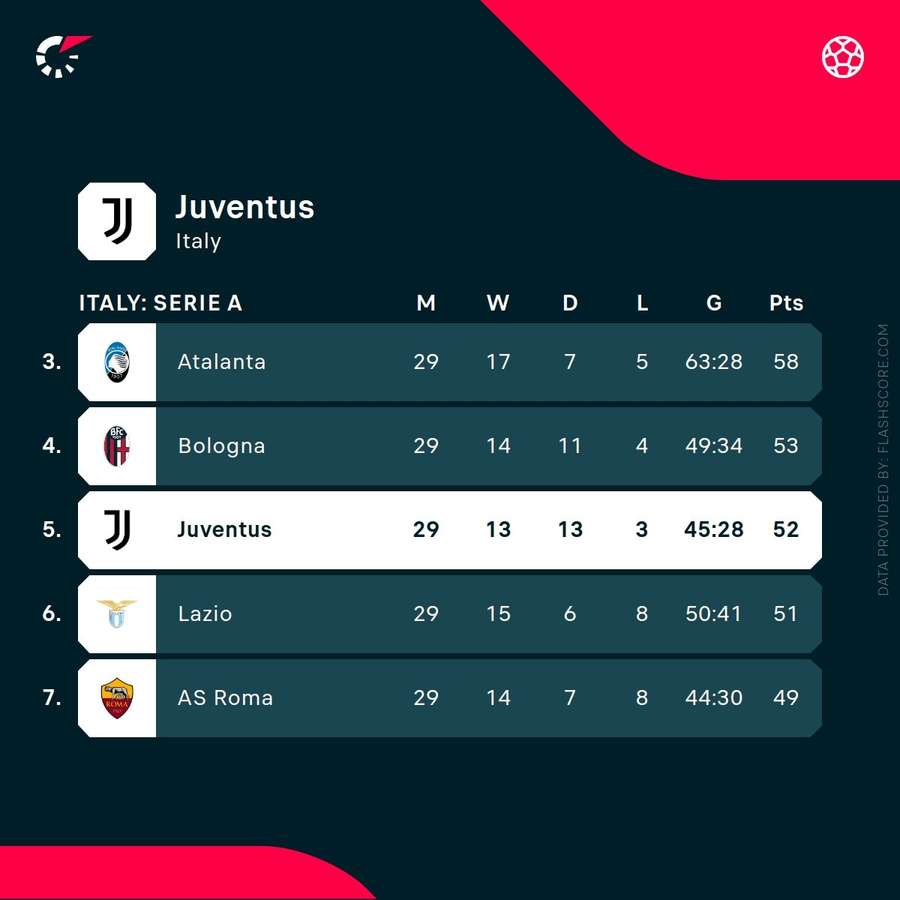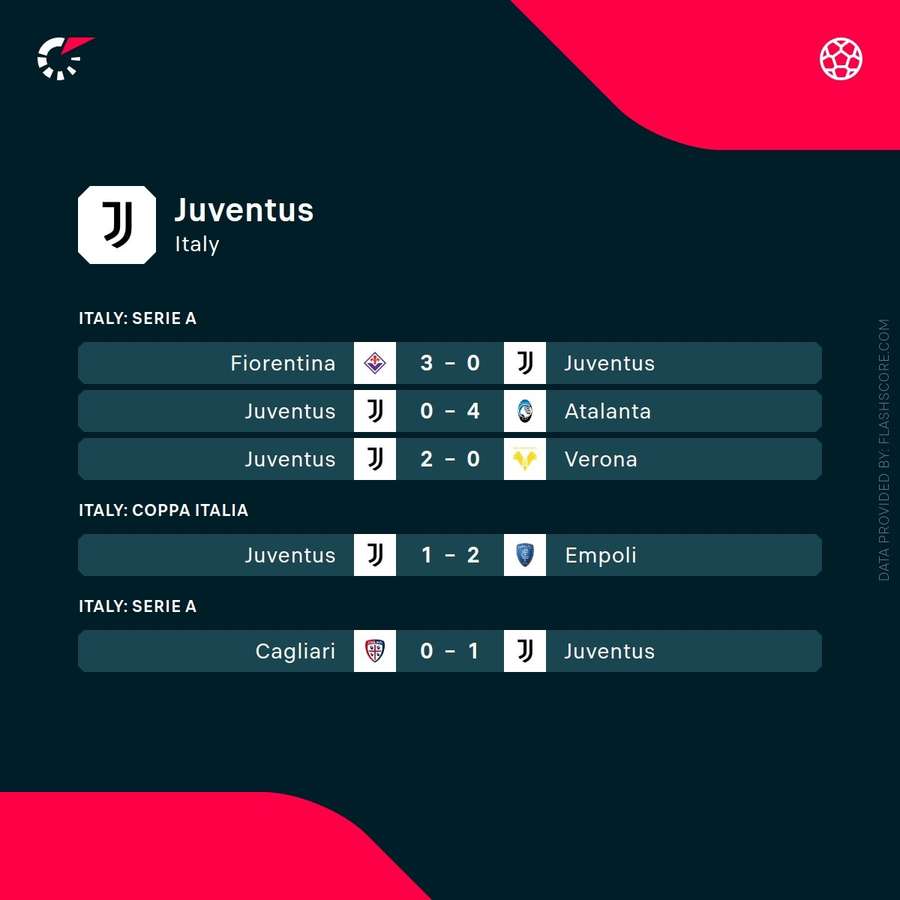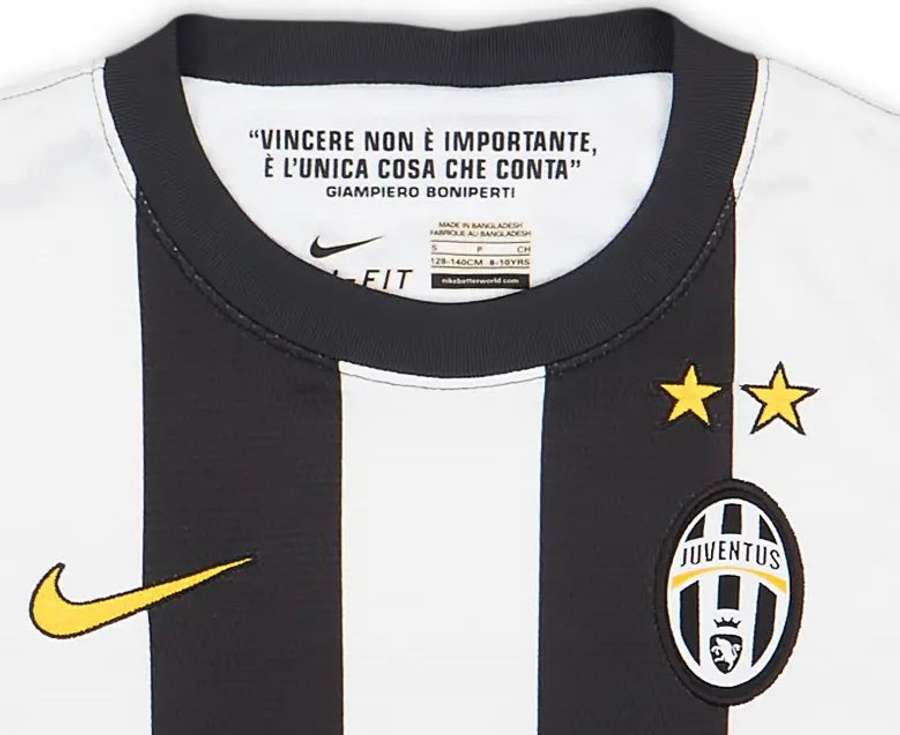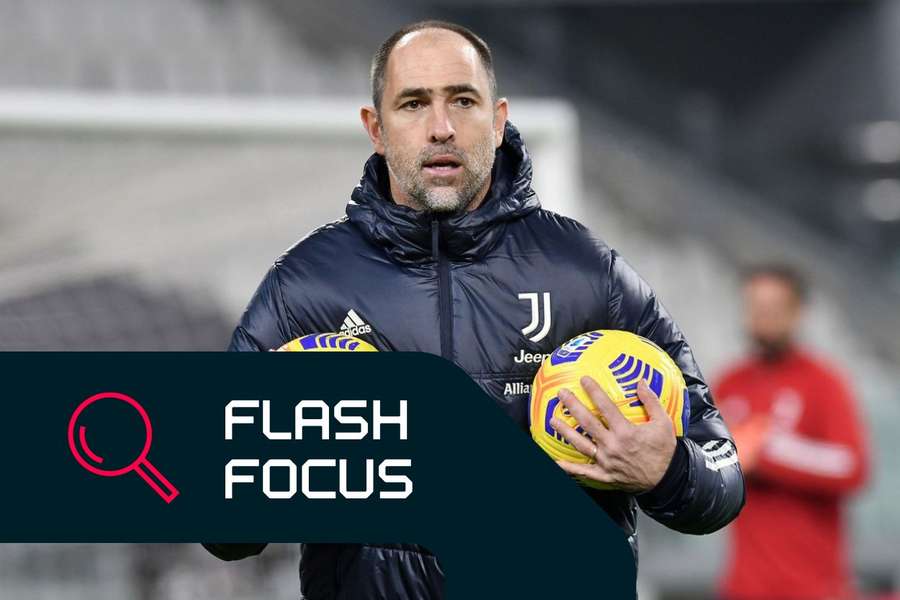To paraphrase the great French writer Marcel Proust and the title of his masterpiece 'À la recherche du temps perdu', a significant change took place at Juve last weekend, when promising new coach Thiago Motta, heralded for his work at Bologna, was replaced by 46-year-old Tudor until the end of the season.
Currently sitting fifth in Serie A, a top-four finish is vital for Juventus, as without the proceeds of Europe's elite competition, they would be forced to sell their big names such as Andrea Cambiaso - sought in the winter market by Manchester City - as well as academy talent Kenan Yildiz.

Not to mention that it would be impossible to retain players on loan such as Francisco Conceicao, Renato Veiga and Randal Kolo Muani - although their future at the club is uncertain regardless.
The lost identity
Tudor's 'mission' goes beyond the technical side, the footballing results and the financial aspect. The coach will be asked to do something less tangible but no less important - to rediscover the identity that Motta had been unable to imprint on a young team.
This was made all the more difficult when important figures for the solidity of the dressing room departed the club in recent months, including Wojciech Szczęsny and former captain Danilo.

The Juventus identity is in fact a value that, despite stretching across different eras, has allowed Italy's most decorated club to always remain at the top.
It is almost a trademark, expressed directly with two slogans: 'winning isn't important, it's the only thing that counts', coined by former president Giampiero Boniperti and featured on the Bianconeri jerseys, and 'until the end', which has become a popular hashtag in the age of social media.

If the first phrase opens itself to interpretation and criticism for its immorality in the face of sporting ethics and values - contradicting the Olympic motto 'the important thing is not to win, but to participate' - the second shows the tenacity that the Bianconeri have historically always had, but this year lost.
In fact, the Bianconeri identity is that of a team noble by nature, that knows how to play with humility and a gregarious spirit on the field to achieve victory through character, grit and perseverance.
History repeats itself
As the philosopher Giambattista Vico taught with his 'historical courses and recurrences', history repeats itself. Almost by divine justice for daring to go against their nature, embracing a different but ultimately less effective ideology embodied by Motta, Juventus have been punished.
It also happened back in 1990-91, when Luca Cordero di Montezemolo, fresh from organising the 1990 World Cup, arrived as executive vice-president in the new management group appointed to succeed the historic president Boniperti.
Driven by revolutionary ideas, coach Dino Zoff - fresh from winning an Italian Cup and a UEFA Cup - was sacrificed in order to entrust the task to Gigi Maifredi, arriving after an excellent season with Bologna, who with his innovative style of play was supposed to be the answer to Sacchi's AC Milan.
Even then, it was a disaster, as despite heavy investment the Bianconeri finished seventh and failed to qualify for European competition, something that had not happened in 28 years.
The winning example
If an attractive, innovative style of play and victories do not seem to go hand-in-hand in the Bianconeri's history, this does not mean that Juventus cannot still play well and win.
Yes, they might have previously had the 'short snout' approach of Massimiliano Allegri, for whom it was better to win 1-0 than 4-3, and the warrior stoicism of Antonio Conte, but they have also played good football in the past and been incredibly successful.
Perhaps the best example is the splendid play under Marcello Lippi, who arrived in Turin in 1994/95 and brought victory in the Champions League in the 1995/96 season and was a finalist for three other consecutive editions.
It was a dominant team, capable of combining good play and results, thanks to champions like Alessandro Del Piero, Gianluca Vialli, Roberto Baggio, and later Zinedine Zidane, but also to the commitment and dedication of the whole squad, who knew how to make up for their few technical limitations with plenty of spirit and character.
Recalling that Juve side, Lippi said: 'In that team there were a few stars and many champions. Because champions are not only in playing football, but also in behaviour, professionalism, attitude and unity of purpose'.
Rediscovering the spirit
Tudor himself, at Juventus from 1998 to 2007, was there during the final year of Lippi's first period and the entirety of the second. That is why the Croatian is the man best suited today to give Juventus back that lost spirit: because he experienced it first-hand.
Tudor is known for his grit, which is often combined off the pitch with a somewhat irascible character. In fact, the Croatian coach has quarrelled with Bianconeri legends in the past; with Mauro Camoranesi during his brief spell at Marseille (it lasted a week) and with Andrea Pirlo during another unfortunate attempt by Juventus to turn their game around, where Tudor himself assisted the new coach.
Now he is alone in charge. Back 'home' in an environment he knows well and one which presents a huge opportunity he will be desperate to take. If he succeeds in transferring the mentality from the Juventus teams he played in into the current crop of players, he could earn himself plenty of credit and even stay on beyond the end of the season.
That is something Tudor knows well, just as he is aware of the mission to regain the spirit, given that even in his presentation to the press as the new coach, he recalled two anecdotes from his time as a player at Juve that concerned the humility of champions such as Zidane and Del Piero.
Growing together
On a more technical level, the new coach will have to inspire those players in whom so much was invested and have now been devalued. Above all Dusan Vlahovic, who Juventus could be forced to sell without a contract renewal, but also Teun Koopmeiners, identified as the fulcrum of the new side.
Then there is Nico Gonzalez, played by Motta on the opposite wing to his natural one with very disappointing results; Yildiz, also victim to being played out of position; and Douglas Luiz, the real mystery of the Juve team, having arrived in the summer for 50 million euros and used very little.
Tudor is a specialist in taking over and fixing problems and will have to do the same over the coming months.
Juventus might have plenty riding on securing a top-four position in Serie A, but the rest of the season will be equally important in the career of the Croatian coach. It's a huge opportunity to make a name for himself on one of the most prestigious benches in Europe.

